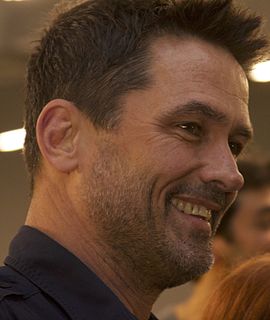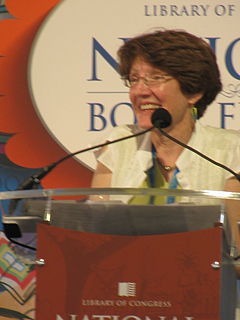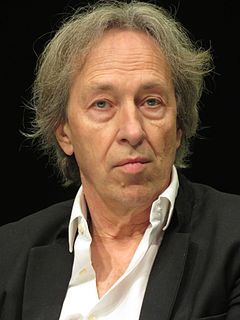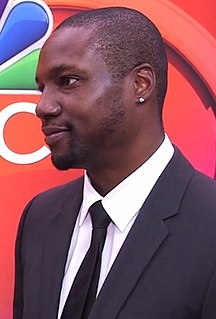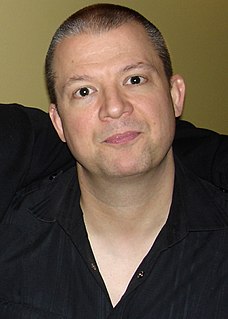A Quote by Mohammed Dib
Beware that the one who reads is the same as the book, the same as what is read, the same as the speaker and the same as what is spoken without being the word.
Related Quotes
Every sinner must be quickened by the same life, made obedient to the same gospel, washed in the same blood, clothed in the same righteousness, filled with the same divine energy, and eventually taken up to the same heaven, and yet in the conversion of no two sinners will you find matters precisely the same.
I would have never wanted to write another management book. There are so many of them, and everybody says the same thing about them, and they are all the same - they give the exact same advice. It's like a diet book; they all say eat less calories, exercise more, and every single book has the same conclusion.
The charge of being ambiguous and indefinite may be brought against every human composition, and necessarily arises from the imperfection of language. Perhaps no two men will express the same sentiment in the same manner and by the same words; neither do they connect precisely the same ideas with the same words.
Sometimes I read the same books over and over and over. What's great about books is that the stuff inside doesn't change. People say you can't judge a book by its cover but that's not true because it says right on the cover what's inside. And no matter how many times you read that book the words and pictures don't change. You can open and close books a million times and they stay the same. They look the same. They say the same words. The charts and pictures are the same colors. Books are not like people. Books are safe.
New York has a thousand universes in it that don't always connect but we do all walk the same streets, hear the same sirens, ride the same subways, see the same headlines in the Post, read the same writings on the walls. That shared landscape gets inside of all of us and, in some small way, unites us, makes us think we know each other even when we don't.
The psyche is the inward experience of the human body, which is essentially the same in all human beings, with the same organs, the same instincts, the same impulses, the same conflicts, the same fears. Out of this common ground have come what Jung has called the archetypes, which are the common ideas of myths.




